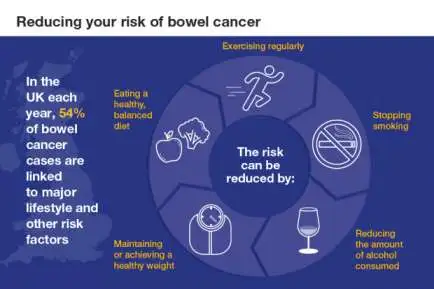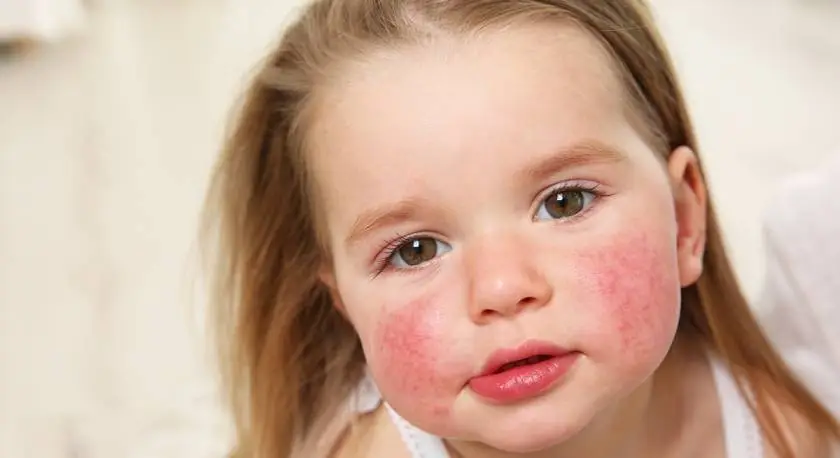
When Meagan McCallum was diagnosed with breast cancer, she had no idea that her experience might actually save her sister’s life. Meagan underwent a lumpectomy and then radiation therapy, followed by a tamoxifen regimen. Shortly after her lumpectomy, she invited her twin sister, Courtney Werner, to visit her.
“Being that we share pretty much everything, I said, ‘Do you want to see the incision?’” Meagan recalls. “I showed her the location and she kind of went pale as a ghost. I thought maybe it was because the incision didn’t look very good.”
But Courtney wasn’t reacting to the condition of the incision. This was the moment that she realized that the lump she’d found in the same place in her own chest might be more than just sympathy pains for her sister.

“When she showed me her incision, I was absolutely speechless,” says Courtney.
Soon afterward, Courtney got tested and learned that she too had a stage I tumor, just slightly larger than Meagan’s, in the same location.
“I wasn’t surprised at all,” Meagan says. “I was upset when I found out Courtney was following the same path, but we are those weird twins where the same thing always happens. We are parallel in almost everything we do.”
Now, thanks to early diagnosis and treatment, both Meagan and Courtney are on the road to recovery. In fact, they are both now in remission.

“All I did was hand her every single doctor card I had,” Meagan recalls. “When you’re a twin, you never have to go through anything alone.”
The 43-year-old twins have no family history of breast cancer and no environmental factors that drastically increase their cancer risk. They even underwent genetic testing and determined that they were not genetically predisposed to cancer. And still, they both developed the disease. It just goes to show that no one is immune from this disease and that we should all be doing self-exams and know what to look out for.
Now Meagan and Courtney are encouraging others to get checked early and often for breast cancer and to be aware of their risk level and breast density.

“In younger women and sometimes older women, dense breast tissue can make mammography somewhat suboptimal,” explains Dr. Thomas Yu, chairman of the department of radiology at Southern Ocean Medical Center in Stafford. “It will not detect a certain percentage of small cancers.”
That’s why Meagan also had an ABVS ultrasound after her mammogram results came back clear. The ultrasound was able to pick up a small abnormality that the mammogram missed because of her dense breast tissue. It was the ABVS ultrasound that allowed her to get treated while her cancer was still very small and in stage I, and it did the same for her sister.

“Be your own advocate for the testing you think you should have,” says Courtney. “Nobody does it better for you than you. Without ABVS, we’d both still have cancer.”
The twins also want other sets of twins to know that they might have an increased risk of cancer if their twin does. In the Nordic Twin Study of Cancer, researchers found that in 29 percent of identical female twin sets where one twin had breast cancer, the other was diagnosed with breast cancer as well.
“There’s an elevated risk here,” says Dr. Yolanda Tammaro, medical director of breast surgery for Southern Ocean Medical Center in Stafford. “One in eight women will develop breast cancer with no risk factors. When you add in family history and a (first-degree) relative, you are increasing risk.”
So don’t forget to get your recommended screening, do your regular self-checks, and advocate for yourself if you believe something is amiss!
Related Post
 08
08 Jul
What Is Self-Management of Chronic Disease?
Diabetes, joint inflammation, hypertension, lung illness, corpulence and other persistent sicknesses can make life challenging to oversee for a great many more seasoned grown-ups, frequently compelling them to surrender their freedom. The Challenges of Chronic Disease More established grown-ups are lopsidedly impacted.
Read More 01
01 Jul
7 Lifestyle Tips to Reduce Your Cancer Risk
How in all actuality do individuals bring down the possibilities getting malignant growth? There's a lot of exhortation. Yet, on occasion, guidance from one review conflicts with the exhortation from another. Disease avoidance data keeps on creating. In any case,.
Read More 27
27 Jun
Effective Allergy Treatments for Kids: A Comprehensive Guide
Is your youngster experiencing a runny nose, sniffling, and bothersome eyes? Assist them with feeling improved with these regular sensitivity cures you can attempt at home. Does your kid have a runny nose, sniffling, and irritated eyes? They may be managing.
Read More 20
20 Jun
Journal Prompts for Mental Health: 7 Ideas to Explore
Journaling has a heap of psychological well-being benefits, however you don't necessarily have any idea what to expound on to get the worth out of a journaling meeting. That is where journaling prompts for treatment come in. More profound diary prompts.
Read More